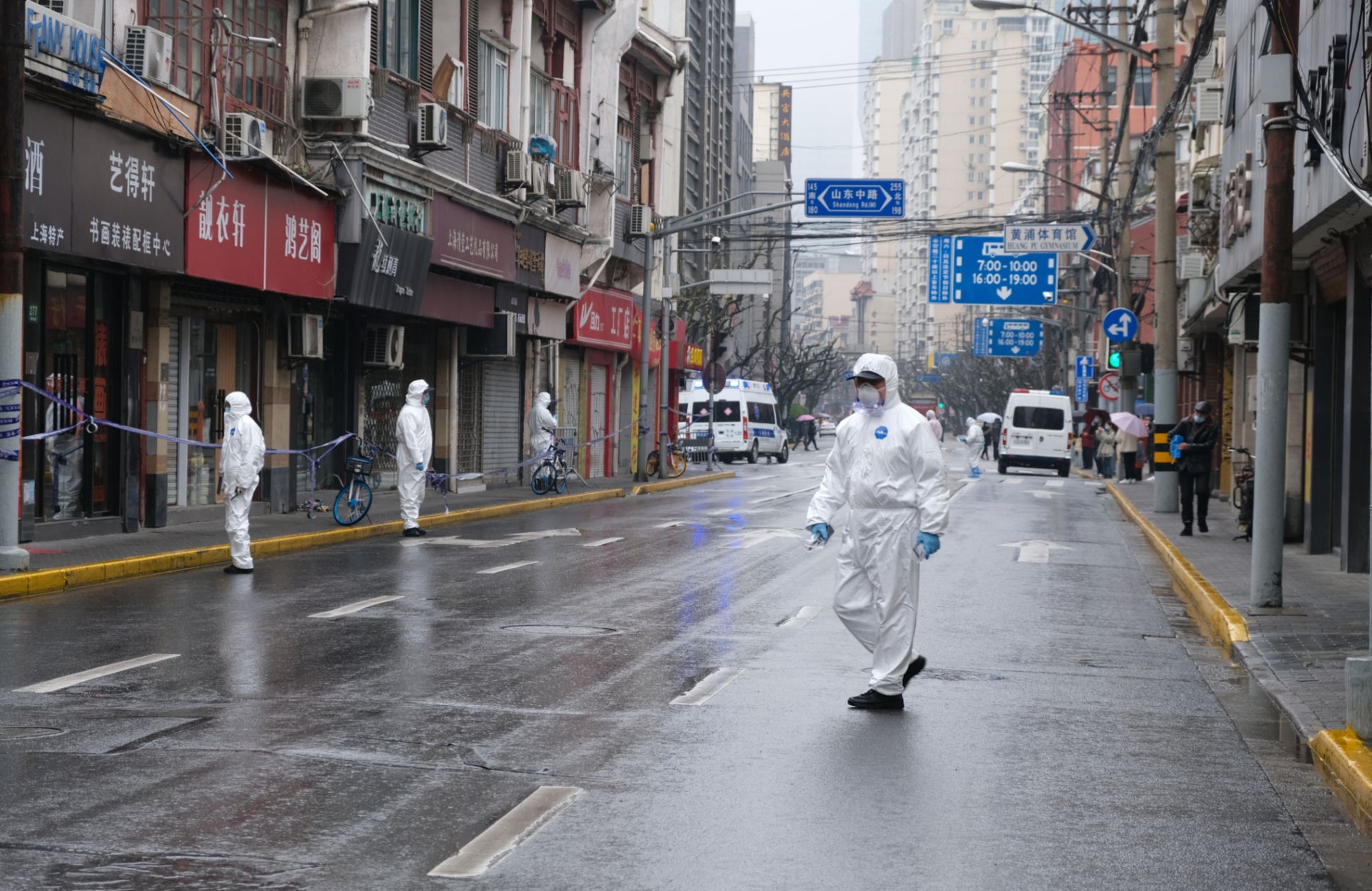China’s zero-Covid policy has raised uncertainties, impacting business and consumer optimism. The policy has faced a backlash as it has disrupted people’s social lives as well as the economy. China needs to take a sustainable approach to curb Covid rather than its current extreme approach as it has hampered global supply chains. As a result, companies are looking for nearshoring and reshoring options to cope with the situation.
What is China’s zero-Covid policy?
China is pursuing a zero-Covid policy to control the outbreak of the virus. The policy includes imposing strict lockdowns, even if only a few cases are reported, as well as mass testing and isolation and quarantine at government facilities. The policy also calls for all businesses (apart from food stores outlets and schools) to shut down in areas where cases are reported.
It has made use of mass testing to control outbreaks. In June 2021, for instance, due to the Delta variant outbreak, almost the entire population of Guangzhou city was tested over three days. However, this zero-Covid approach has not been well received by the country’s citizens, resulting in protests. In China, protests are an extremely rare occurrence.
Why is China still following a zero-Covid approach?
China is using a zero-Covid approach to contain the virus, despite other countries having moved away from this extreme approach due to its impact on their economies. Within China, domestically developed vaccines have not proved to be particularly effective and the country refuses to import vaccines. In addition, the elderly population in China has not accepted the vaccine as much as authorities would have liked, as many older people in the country prefer to trust traditional Chinese medicines, which are seemingly not very effective against the virus. On top of this, China has one of the fastest-growing aging populations globally, with people over 60 expected to account for 28% of the population by 2040.
However, China leads in the number of Covid-19 vaccinations administered per 1,000 population and is among the top economies to provide two doses of the vaccine. But the death rate remains high, reflecting the inefficiency of domestic vaccines. The aforementioned longer gaps between doses and elders’ reluctance to vaccines have further deteriorated the situation. People aged 60 and above who have received two doses increased only marginally from 85.6% in August 2022 to 86.4% in November 2022, while reportedly, the booster rate rose from 67.8% to 68.2% over the same period.
The impact of its stringent Covid policy on the global supply chain and economy
China’s zero-Covid policies have disrupted global supply chains. Around 65% of raw material used for semiconductors comes from China and companies have been forced to innovate and streamline their supply chains. The recent protest from employees at Apple’s key manufacturing hub, the Foxconn plant in Zhengzhou, against the lockdown will likely result in a production shortfall of six million iPhone Pro units, according to Bloomberg. In particular, the automotive sector felt the impact of the zero-Covid policy, with over 20% of dealerships closed due to lockdowns.

US Tariffs are shifting - will you react or anticipate?
Don’t let policy changes catch you off guard. Stay proactive with real-time data and expert analysis.
By GlobalDataWith many Western governments looking to reduce their reliance on Chinese components, companies are nearshoring to prepare for this future shift in component supply. As a broader push to diversify its supply chain, Apple plans to produce some of its AirPods in India with the help of Luxshare Precision Industry, a Chinese supplier. It also plans to move around 20% of all iPad and Apple Watch production and 65% of AirPods by 2025 to Vietnam. The IMF has warned about the repercussions of the zero-Covid strategy. It predicted that Chinese GDP growth would fall to 3.2% in 2022, the second-lowest level since 1977 and that the country’s GDP growth will stall at 4.4% in 2023 and 2024.
How can businesses overcome this issue?
The increasing prevalence of lean manufacturing solutions (having minimal inventory in global supply chain circulation) will make nearshoring and reshoring more viable options, especially for simpler components. Friendshoring within and between Western countries will be largely avoided in the short term as it will likely increase business costs dramatically. Companies will begin to focus on digitalization and automation to reduce costs while avoiding the complications of reshoring.








